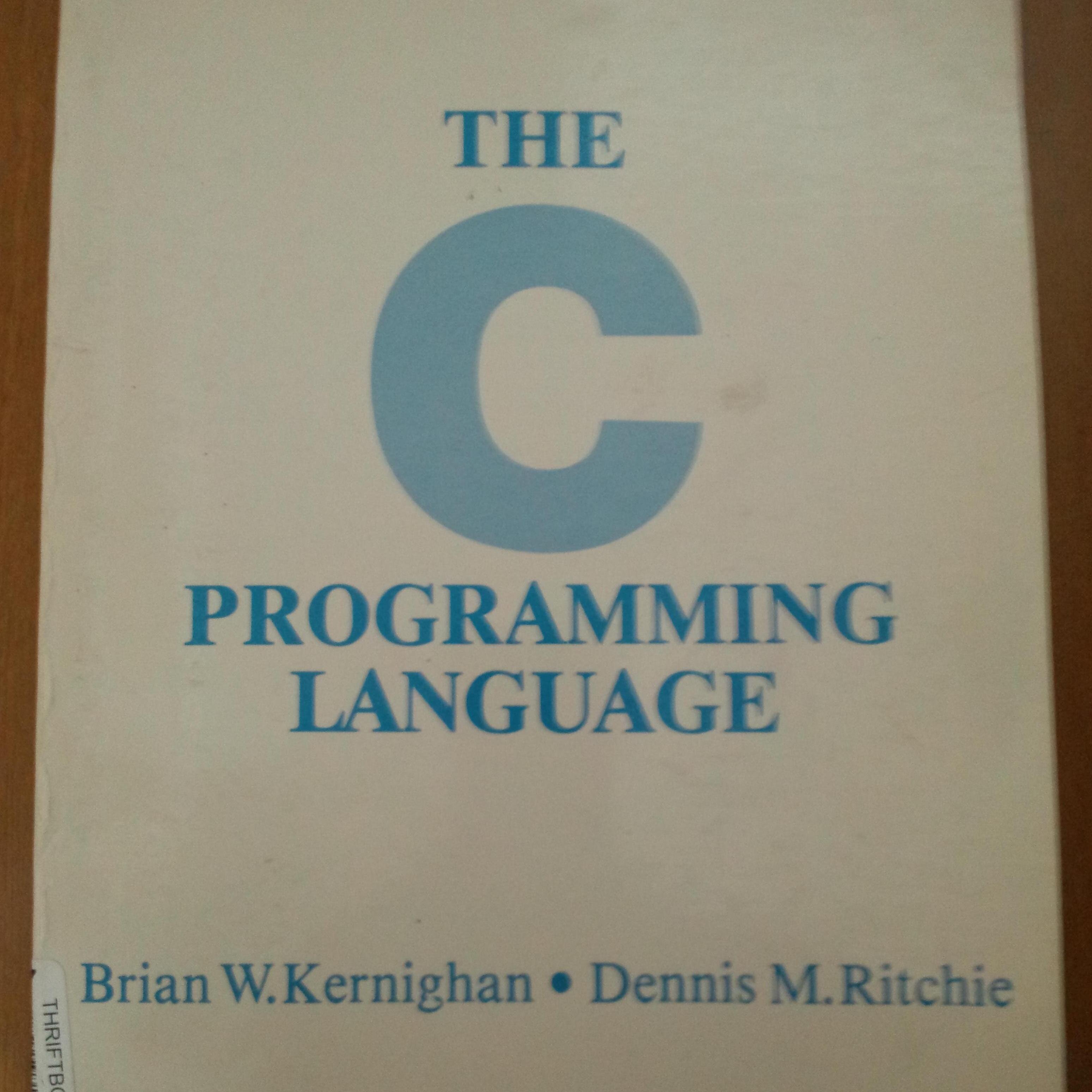結果
| 問題 | No.160 最短経路のうち辞書順最小 |
| コンテスト | |
| ユーザー |
 zeosutt zeosutt
|
| 提出日時 | 2015-05-05 11:56:14 |
| 言語 | C++11(廃止可能性あり) (gcc 15.2.0 + boost 1.89.0) |
| 結果 |
AC
|
| 実行時間 | 7 ms / 5,000 ms |
| コード長 | 6,121 bytes |
| 記録 | |
| コンパイル時間 | 1,114 ms |
| コンパイル使用メモリ | 127,224 KB |
| 実行使用メモリ | 5,376 KB |
| 最終ジャッジ日時 | 2024-07-05 19:07:42 |
| 合計ジャッジ時間 | 1,935 ms |
|
ジャッジサーバーID (参考情報) |
judge3 / judge2 |
(要ログイン)
| ファイルパターン | 結果 |
|---|---|
| sample | AC * 4 |
| other | AC * 26 |
ソースコード
#include <cassert>// c
#include <iostream>// io
#include <iomanip>
#include <fstream>
#include <sstream>
#include <vector>// container
#include <map>
#include <set>
#include <queue>
#include <bitset>
#include <stack>
#include <algorithm>// other
#include <complex>
#include <numeric>
#include <functional>
#include <random>
#include <regex>
using namespace std;
typedef long long ll;typedef unsigned long long ull;typedef long double ld;
#define ALL(c) c.begin(),c.end()
template<class T> bool IN(T l,T v,T r){return l<=v && v <r;}
template<class T> void UNIQUE(T v){v.erase(unique(ALL(v)),v.end());}
//debug
#define DUMP(x) cerr << #x <<" = " << (x)
inline void LINE(){ cerr<< " (L" << __LINE__ << ")";}
struct range{
struct Iter{
int v,step;
Iter& operator++(){v+=step;return *this;}
bool operator!=(Iter& itr){return v<itr.v;}
int& operator*(){return v;}
};
Iter i, n;
range(int i, int n,int step):i({i,step}), n({n,step}){}
range(int i, int n):range(i,n,1){}
range(int n):range(0,n){}
Iter& begin(){return i;}
Iter& end(){return n;}
};
struct rrange{
struct Iter{
int v,step;
Iter& operator++(){v-=step;return *this;}
bool operator!=(Iter& itr){return v>itr.v;}
int& operator*(){return v;}
};
Iter i, n;
rrange(int i, int n,int step):i({i-1,step}), n({n-1,step}){}
rrange(int i, int n):rrange(i,n,1){}
rrange(int n) :rrange(0,n){}
Iter& begin(){return n;}
Iter& end(){return i;}
};
//input
template<typename T1,typename T2> istream& operator >> (istream& is,pair<T1,T2>& p){return is>>p.first>>p.second;}
template<typename T1> istream& operator >> (istream& is,tuple<T1>& t){return is >> get<0>(t);}
template<typename T1,typename T2> istream& operator >> (istream& is,tuple<T1,T2>& t){return is >> get<0>(t) >> get<1>(t);}
template<typename T1,typename T2,typename T3> istream& operator >> (istream& is,tuple<T1,T2,T3>& t){return is >>get<0>(t)>>get<1>(t)>>get<2>(t);}
template<typename T1,typename T2,typename T3,typename T4> istream& operator >> (istream& is,tuple<T1,T2,T3,T4>& t){return is >> get<0>(t)>>get<1>(t)>>get<2>(t)>>get<3>(t);}
template<typename T> istream& operator >> (istream& is,vector<T>& as){for(int i:range(as.size()))is >>as[i];return is;}
//output
template<typename T> ostream& operator << (ostream& os, const set<T>& ss){for(auto a:ss){if(a!=ss.begin())os<<" "; os<<a;}return os;}
template<typename T1,typename T2> ostream& operator << (ostream& os, const pair<T1,T2>& p){return os<<p.first<<" "<<p.second;}
template<typename K,typename V> ostream& operator << (ostream& os, const map<K,V>& m){bool isF=true;for(auto& p:m){if(!isF)os<<endl;os<<p;isF=false;}return os;}
template<typename T1> ostream& operator << (ostream& os, const tuple<T1>& t){return os << get<0>(t);}
template<typename T1,typename T2> ostream& operator << (ostream& os, const tuple<T1,T2>& t){return os << get<0>(t)<<" "<<get<1>(t);}
template<typename T1,typename T2,typename T3> ostream& operator << (ostream& os, const tuple<T1,T2,T3>& t){return os << get<0>(t)<<" "<<get<1>(t)<<" "<<get<2>(t);}
template<typename T1,typename T2,typename T3,typename T4> ostream& operator << (ostream& os, const tuple<T1,T2,T3,T4>& t){return os << get<0>(t)<<" "<<get<1>(t)<<" "<<get<2>(t)<<" "<<get<3>(t);}
template<typename T> ostream& operator << (ostream& os, const vector<T>& as){for(int i:range(as.size())){if(i!=0)os<<" "; os<<as[i];}return os;}
template<typename T> ostream& operator << (ostream& os, const vector<vector<T>>& as){for(int i:range(as.size())){if(i!=0)os<<endl; os<<as[i];}return os;}
// values
template<typename T> inline T INF(){assert(false);};
template<> inline int INF<int>(){return 1<<28;};
template<> inline ll INF<ll>(){return 1LL<<58;};
template<> inline double INF<double>(){return 1e16;};
template<> inline long double INF<long double>(){return 1e16;};
template<class T> inline T EPS(){assert(false);};
template<> inline int EPS<int>(){return 1;};
template<> inline ll EPS<ll>(){return 1LL;};
template<> inline double EPS<double>(){return 1e-8;};
template<> inline long double EPS<long double>(){return 1e-8;};
// min{2^r | n < 2^r}
template<typename T> T upper_pow2(T n){ T res=1;while(res<n)res<<=1;return res;}
// max{d | 2^d <= n}
template<typename T> T msb(T n){ int d=63;while((1LL<<d)>n)d--;return d;}
template<typename T,typename U> T pmod(T v,U M){return (v%M+M)%M;}
template<class Cost> struct Edge{
int to;Cost cost;
Edge(int to,Cost cost):to(to),cost(cost){};
bool operator<(Edge r) const{ return cost<r.cost;}
bool operator>(Edge r) const{ return cost>r.cost;}
};
template<class Cost> ostream& operator << (ostream& os, const Edge<Cost>& e){ return os<<"(->"<<e.to <<","<<e.cost<<")";}
template<class Cost> using Graph = vector<vector<Edge<Cost>>>;
template<class Cost> vector<Cost> dijkstra(const Graph<Cost>& g,const int s){
vector<Cost> ds(g.size(),INF<Cost>());ds[s]=0;
priority_queue<pair<Cost,int>,vector<pair<Cost,int>>,greater<pair<Cost,int>>> que;que.push({0,s});
while(!que.empty()){
Cost c;int v;tie(c,v)=que.top();que.pop();
for(const Edge<Cost>& e:g[v]){
Cost nxtc= c + e.cost;
if(nxtc<ds[e.to]){
ds[e.to]=nxtc;
que.push({nxtc,e.to});
}
}
}
return ds;
}
class Main{
public:
typedef int Cost;
void run(){
int N,M,S,G;cin >> N >> M >> S >> G;
Graph<Cost> g(N);
for(int _:range(M)){
int a,b,c;cin >> a >> b >> c;
g[a].push_back({b,c}); g[b].push_back({a,c});
}
vector<int> ds = dijkstra(g,G);
vector<int> res;
int pos=S;
while(pos!=G){
res.push_back(pos);
int ni=INF<int>();
for(Edge<Cost>& e:g[pos])if(ds[e.to] + e.cost == ds[pos]) ni=min(ni,e.to);
pos=ni;
}
res.push_back(G);
cout << res<<endl;
}
};
int main(){
cout <<fixed<<setprecision(20);
cin.tie(0);
ios::sync_with_stdio(false);
Main().run();
return 0;
}
